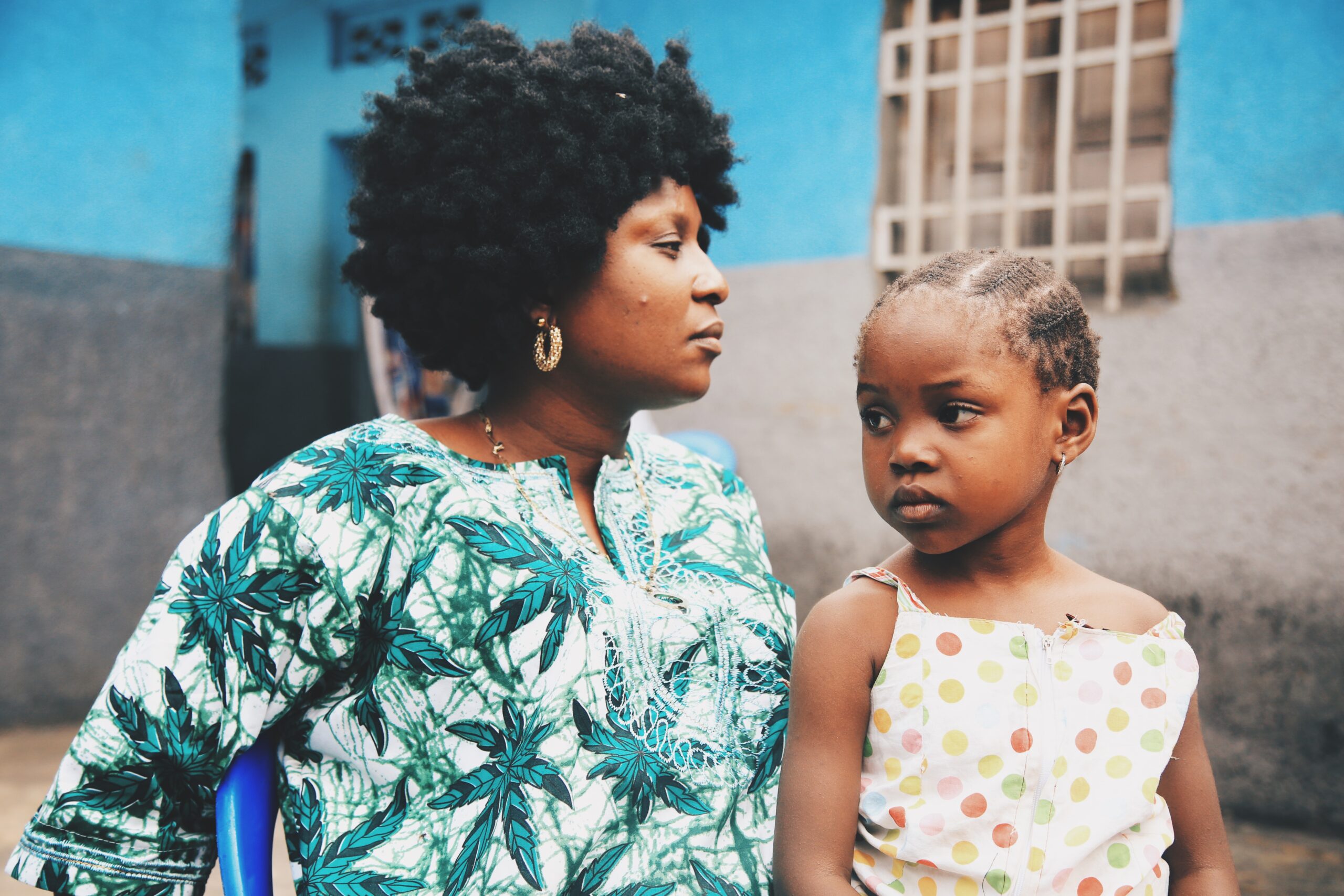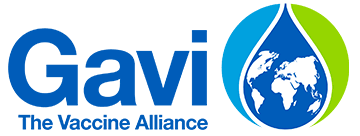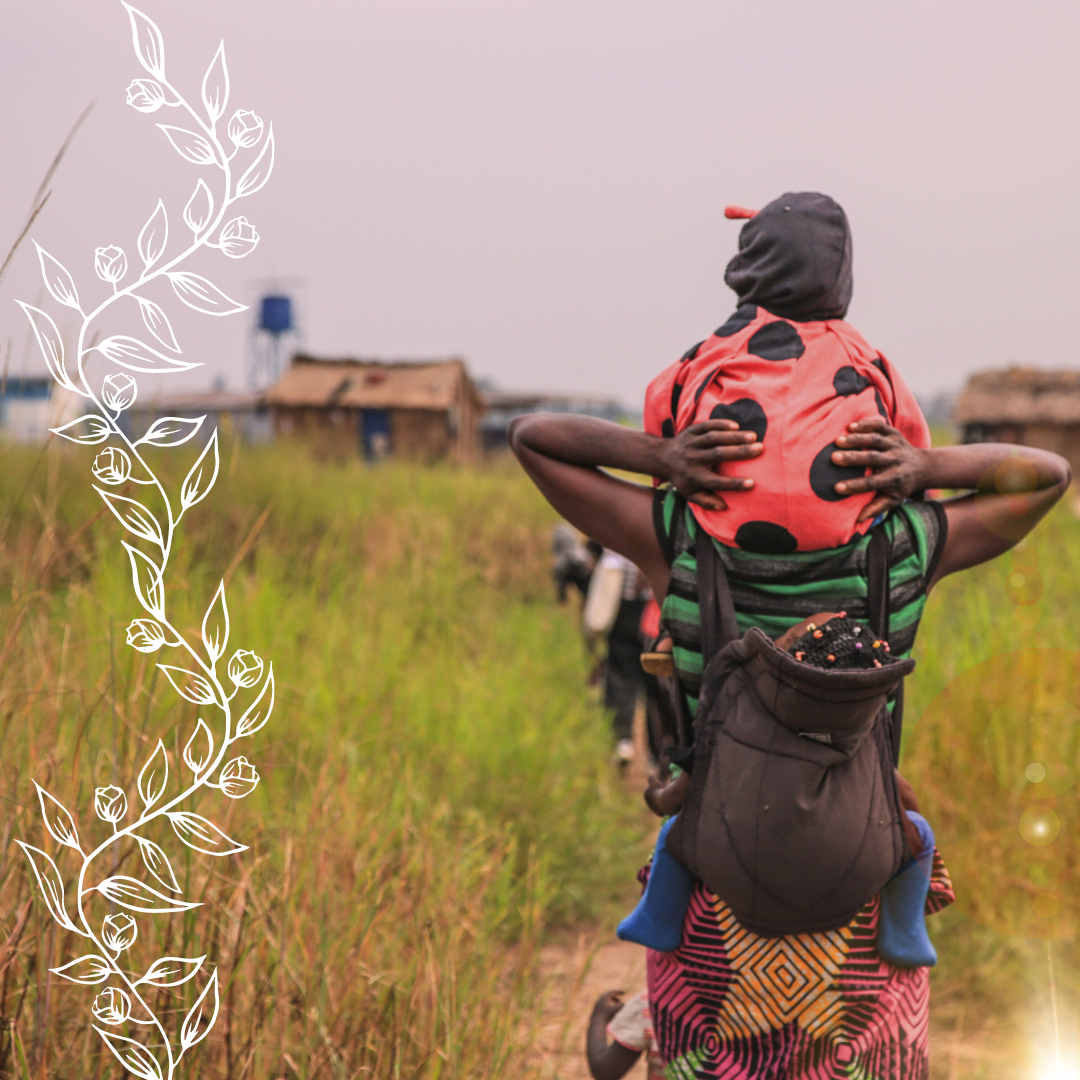Human Papillomavirus
Preventing deadly cancers through vaccination
What is Human Papillomavirus?
Human papillomavirus (HPV) is a viral infection of the reproductive tract. While most infections lead to no serious adverse effects, there is a risk, particularly for women, of chronic HPV infection that can lead to cervical cancer.
Cervical cancer is the fourth most frequent cancer in women, with 604,000 new cases and an estimated 342,000 deaths in 2020. The vast majority of deaths from cervical cancer occur in low- and middle-income countries, where access to screening, prevention, and treatment is more limited.
More than 95% of cervical cancer is caused by HPV, meaning that the safe, effective HPV vaccines we already have can prevent the vast majority of cervical cancer, saving the lives of hundreds of thousands of women. (HPV is also, less commonly, a cause of cancer in men.) We have a working vaccine against several forms of cancer, including one of the deadliest to women. We must ensure everyone, particularly women and girls, can access it.
Vaccination Strategy

There are six licensed HPV vaccines, all highly effective against the two types of the virus that most commonly cause cancer. HPV vaccines are typically administered to girls between the ages of 9 and 14, while some countries have also begun vaccinating boys of a similar age to prevent HPV-related cancers that affect them.
While HPV vaccines have traditionally followed a multi-dose schedule, in 2022, the World Health Organization (WHO) endorsed a single-dose schedule, which the data has shown to be highly effective. This means existing supply can reach––and protect––more girls.
This expansion of supply will be critical to saving lives from cancer. Even today, just one in eight girls are vaccinated against HPV.
Shot@Life’s Role
Shot@Life advocates request U.S. federal funding for UNICEF, Gavi, and WHO, all of which are supporting critical HPV vaccination efforts worldwide. In addition, Shot@Life is committed to working with our partners and advocates to raise awareness about the lifesaving power of HPV vaccines.



